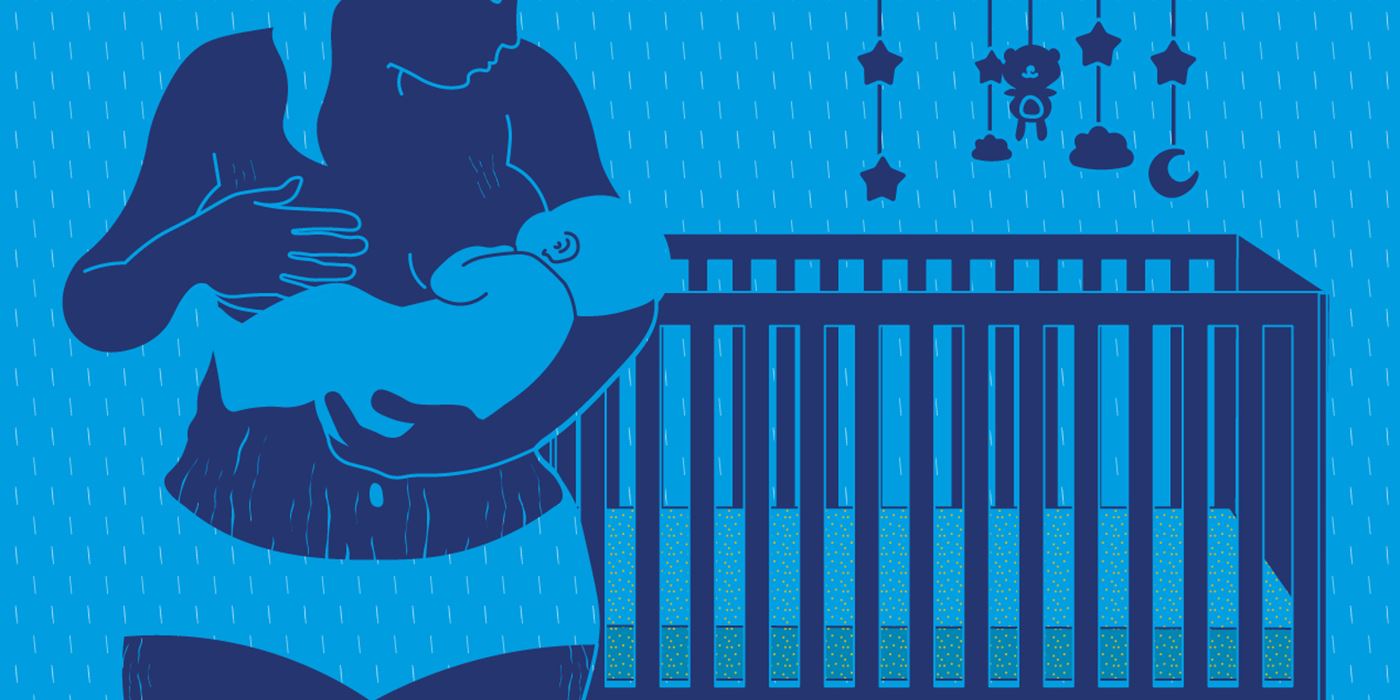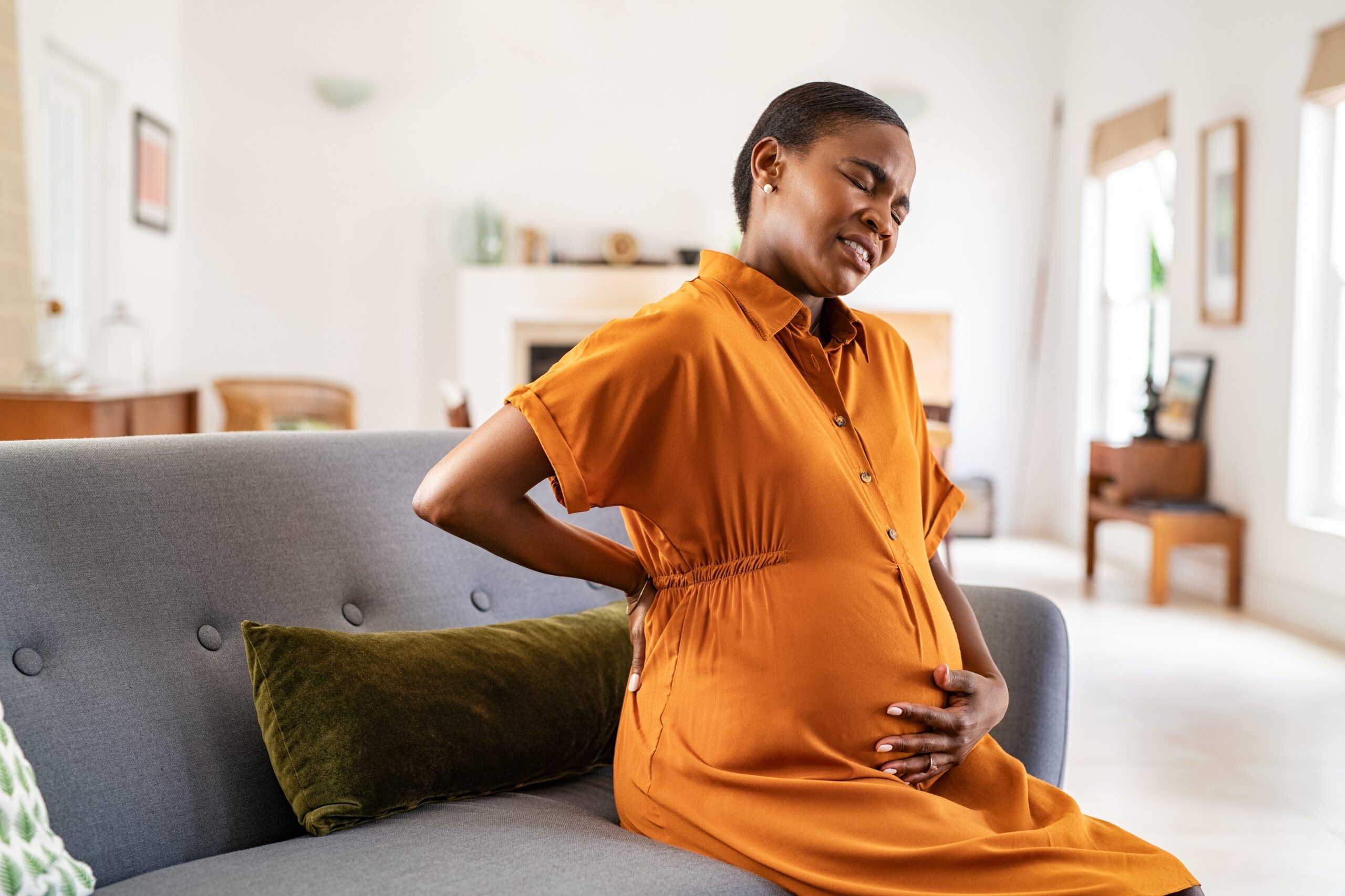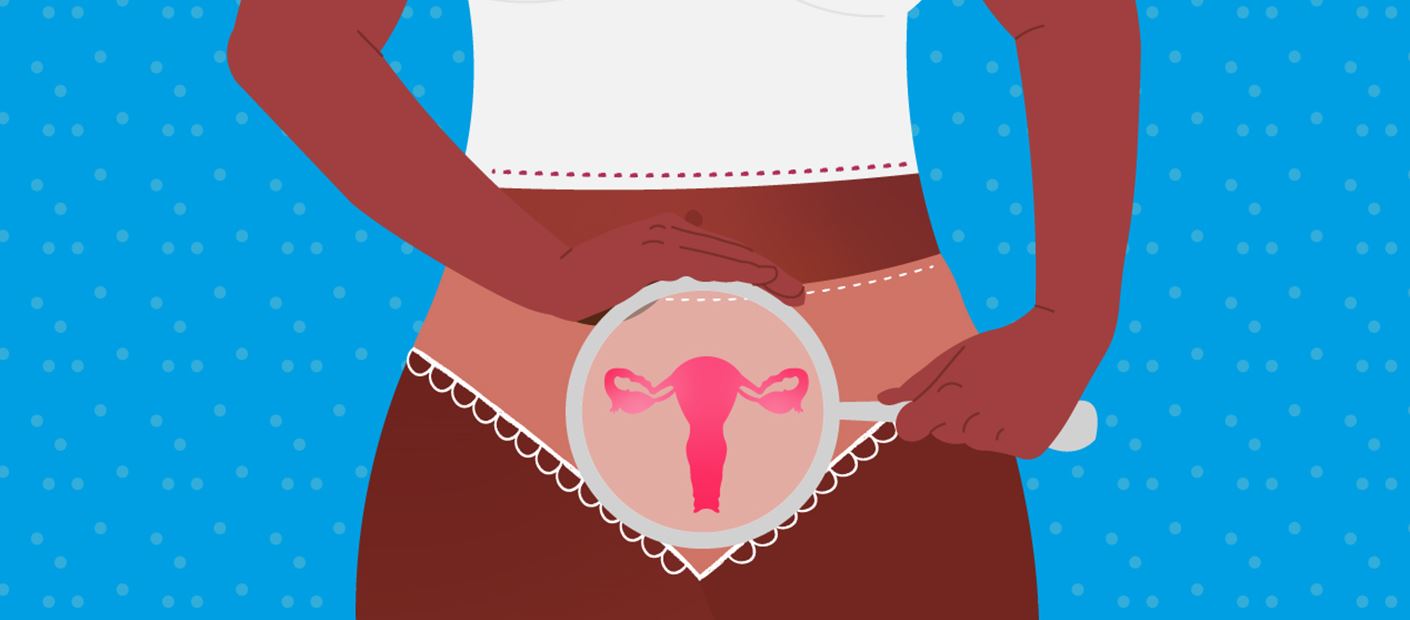
Bringing a whole new life into the world is probably going to be the biggest mission your body accomplishes and you won’t just have your adorable new baby to prove it! Whether you had a caesarean or vaginal birth, be prepared for a few changes. Some, like stitches, will disappear in a few weeks while changes to your breasts or tummy may stay a while longer.
Here’s what to expect.
How will my body change after my baby’s born?
What your body will be like one day after giving birth
Your precious bundle may be safely in your arms but you’ll still look can still look around six months pregnant. That’s because your womb will take time to shrink down.
If you had a vaginal birth, you’ll probably be swollen and bruised around your vagina. If you’re sore from a tear or cut, try pouring water over it when you wee to take the sting out.
If you had a c-section you’ll have a wound just above your pubic hair. You’ll need to take painkillers during these early days so you can move around and care for your baby.
Whichever type of birth you had, you’ll have quite heavy vaginal bleeding at first, so have plenty of maternity pads to hand.
Your breasts will be producing colostrum, a concentrated form of breastmilk that has all the nutrients your baby needs.
How your body will change one week after giving birth
Your tummy will probably still feel baggy, but gentle walking can help start to strengthen your muscles, if you feel up to it.
Your breastmilk will come in at around day three or four, making your breasts feel tender and full. If you decide not to breastfeed, your milk will dry up by itself.
Pregnancy and giving birth will have stretched your pelvic floor so you may find you wee a bit when you cough, laugh, or move suddenly. Pelvic floor exercises can make this better in time. (To work your pelvic floor muscles, imagine you’re trying to stop yourself from weeing and pooing at the same time, then release. Repeat 10 times.)
You may feel emotional or teary around day three. These ‘baby blues’ are due to hormones and are normal but they usually only last a few days. Looking at, cuddling and feeding your baby will help release bonding and calming hormones.
How your body will change six weeks after giving birth
Your womb will be nearly back to its pre-pregnancy size, whatever kind of birth you had, and you may have lost around half your baby weight.
Stretch marks on your tummy may look obvious now but they should gradually fade to nearer your natural skin colour.
If you’ve had a c-section you should be healed and may well feel able to drive, although your scar could feel a bit itchy and numb. If you had a cut or tear during a vaginal birth, it should be healed by now too.
You may feel tired and overwhelmed. Looking after a baby is exhausting! This is normal but if you feel hopeless or anxious it could be post-partum depression. Get in touch with your local MSI provider who can help.
What your body will be like six months after giving birth
You may still be carrying a few more pounds than you did before pregnancy. It’s normal to take around nine months to lose baby weight – around the same amount of time it took to gain it!
You might notice your vagina feels more dry than normal during sex, especially if you’re still breastfeeding. Your hormones are to blame. Try using a lubricant if sex is uncomfortable.
Your c-section scar will be less obvious now and nearer your natural skin colour.
Oxytocin is still working to bond you and your baby. It’s released during sex too, so will help you and your partner keep your relationship on track.
What will happen to my stitches after I have given birth?
If you had stitches for a tear or cut during a vaginal delivery, they’ll dissolve by themselves. This should happen by the time your wound has healed, which will take a few weeks. You may worry about your stitches giving way when you have a poo but that happens very rarely. If you’re worried, hold a sanitary towel against your stitches to support them while you poo.
You will also most likely have dissolvable stitches for a c-section, but it’s possible to have staples, clips or non-disposable stitches instead. If this is the case your midwife will usually take them out after five to seven days.
When can I start having sex again after having a baby?
It’s normal for sex to be off menu for a bit, especially when you’re bleeding, sore and feeling sleep deprived.
Some experts say it’s best to wait to have sex until you’ve stopped bleeding and your stitches have healed properly. But if you didn’t have a complicated birth, you can start whenever you feel comfortable and ready.
Just be aware you can get pregnant again as early as three weeks after giving birth, even if you’re breastfeeding and your periods haven’t started again. So be sure to use contraception if you’re not quite ready yet to take on the next mission! Some women change their contraception after having a baby. Talk to us about finding a method that suits you now.







